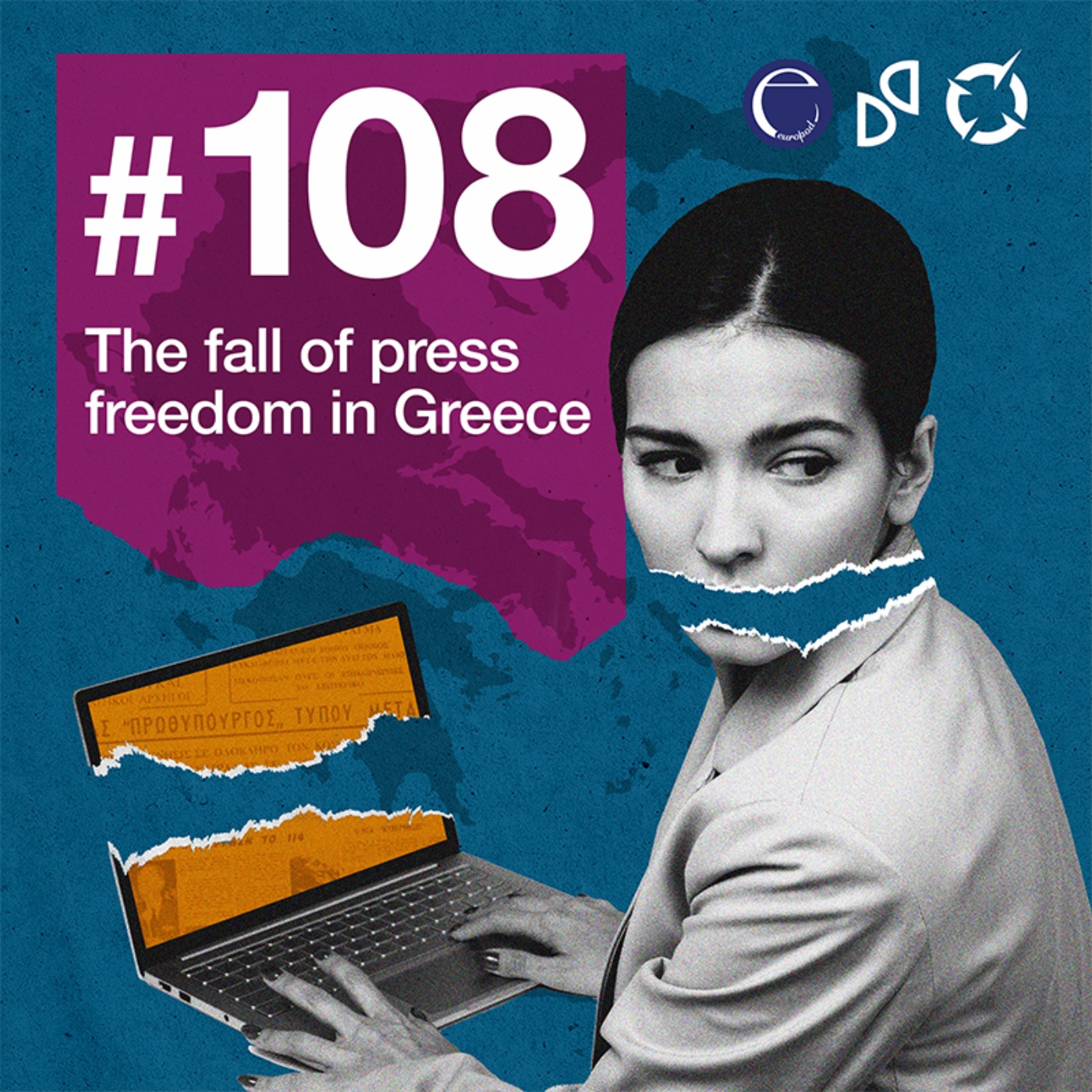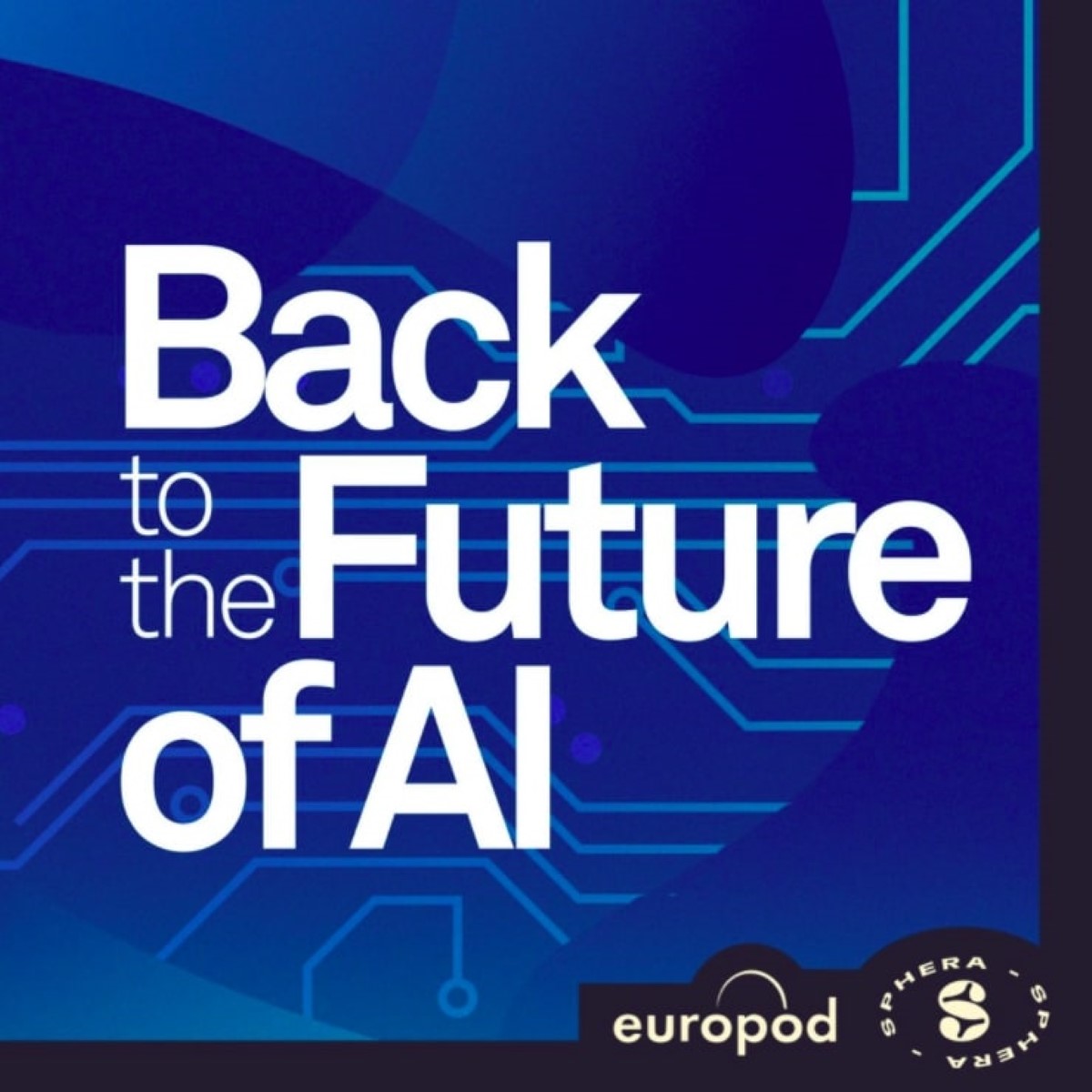Ni España ni Europa son ajenas a la Mutilación Genital Femenina. La globalización y especialmente el fenómeno migratorio que venimos viviendo en las últimas décadas nos han traído historias de mujeres que han sufrido esta violación de derechos humanos de primera mano.
Asha Ismail, creadora de Save a girl, save a generation, una de las principales organizaciones no gubernamentales dirigidas por mujeres a las que se les negó el derecho a defender sus derechos cuando eran niñas, cuenta la historia de cómo se le realizó esta práctica en la aldea de Moyale, cerca de la frontera entre Kenia y Etiopía. Tomó la decisión de salvar a alguien muy especial para ella y terminó salvando a miles de mujeres y niñas.
In this episode, Lilian Violadé as Asha, Cristina Yáñez, Sonia Pasamar, Miguel Remiro, Raquel Sanz, Sara Lapiedra, Eduardo Sanz, Aurora Martínez, Marta Villarte and Asha Ismail, founder of Save a Girl Save a Generation. Original music by Camille, performed by Raquel Sanz and Miguel Remiro.


